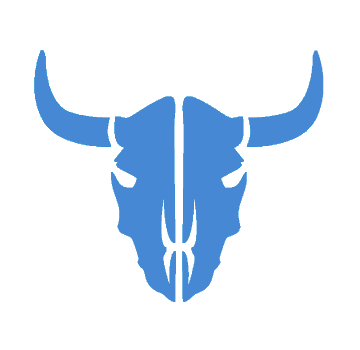Difference between revisions of "1 Test Page"
Jump to navigation
Jump to search
| Line 20: | Line 20: | ||
!colspan="2"|<h2 style="margin:0; background:#cedff2; font-size:120%; font-weight:bold; border:1px solid #a3bfb1; text-align:left; color:#000; padding:0.2em 0.4em;">Section Content</h2> | !colspan="2"|<h2 style="margin:0; background:#cedff2; font-size:120%; font-weight:bold; border:1px solid #a3bfb1; text-align:left; color:#000; padding:0.2em 0.4em;">Section Content</h2> | ||
|- | |- | ||
| − | |style="color:#000;"|<big><b> | + | |style="color:#000;"|<big><b><br> |
<categorytree mode=auto hideroot=on>Urinary System - Anatomy & Physiology</categorytree> | <categorytree mode=auto hideroot=on>Urinary System - Anatomy & Physiology</categorytree> | ||
</b></big> | </b></big> | ||
| Line 27: | Line 27: | ||
|} | |} | ||
<!----------------------------------Resources-------------------------------> | <!----------------------------------Resources-------------------------------> | ||
| − | | | + | |style="width:50%; border:1px solid #cef2e0; background:#f5faff; vertical-align:top; color:#000;"| |
| − | {|width="100%" cellpadding="2" cellspacing="0" style="vertical-align:top; background:# | + | {|width="100%" cellpadding="2" cellspacing="0" style="vertical-align:top; background:#f5faff;" |
| − | |||
|- | |- | ||
| − | | | + | |align="{{#if:{{{logo|}}}|center|left}}"|{{#if:{{{logo|}}}|[[Image:{{{logo|}}}]]|{{{righttext|}}}}} |
| + | |||
| − | |||
| − | |||
| − | |||
| − | |||
| − | |||
| − | |||
| − | |||
| − | |||
| − | |||
| − | |||
| − | |||
| − | |||
| − | |||
| − | |||
| − | |||
| − | |||
| − | |||
|} | |} | ||
|} | |} | ||
Revision as of 19:31, 19 December 2012
| ||||||||||
| ||||||||||
Veterinary Anatomy And Veterinary Physiology
Welcome to the Anatomy and Physiology section of WikiVet. Anatomy is the study of form and structure of organisms, whilst physiology is the study of the function of an organism and the processes, physical, chemical and biological, occurring within it. Here we cover all the anatomical and physiological points that make up our domestic species and exotic species.
